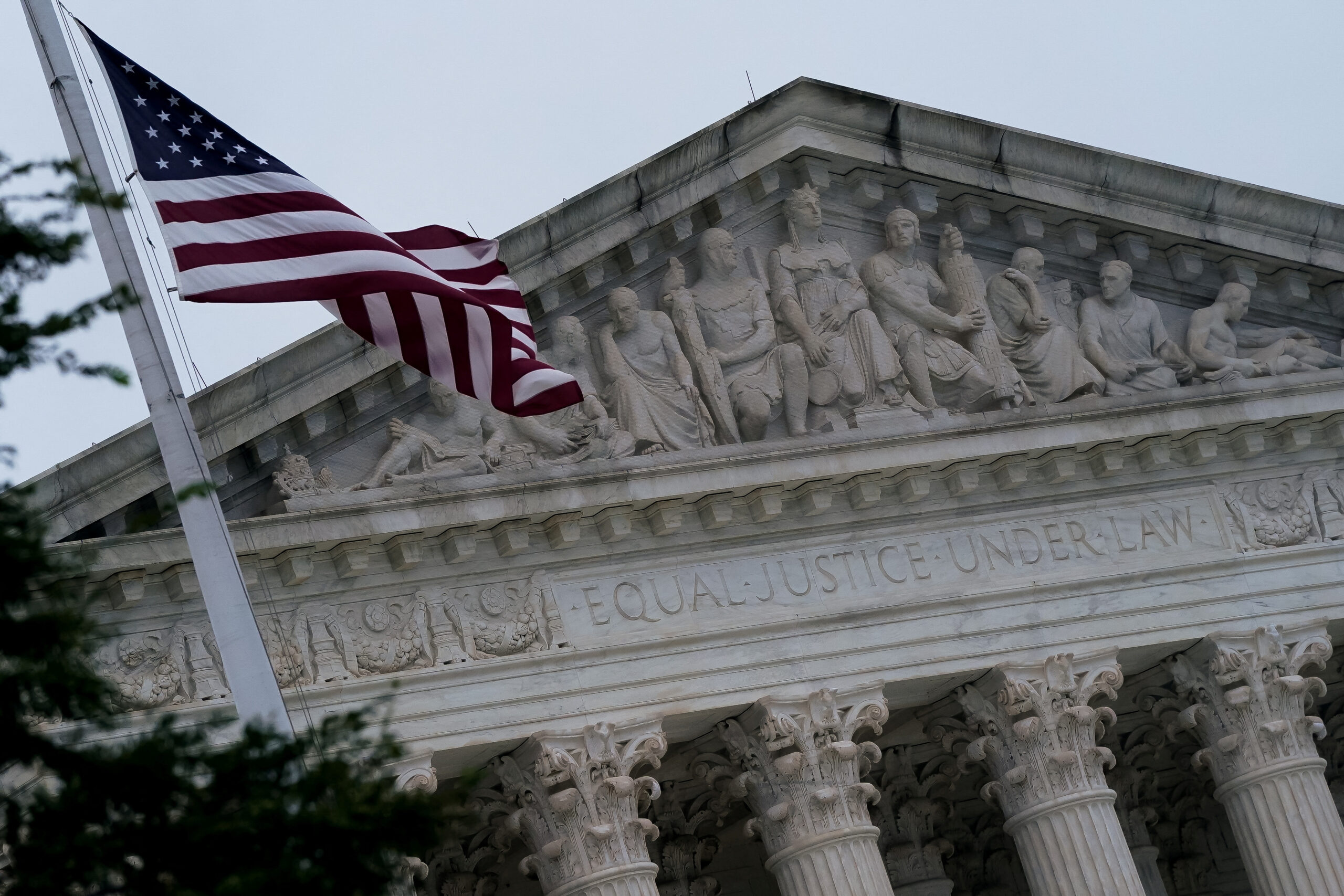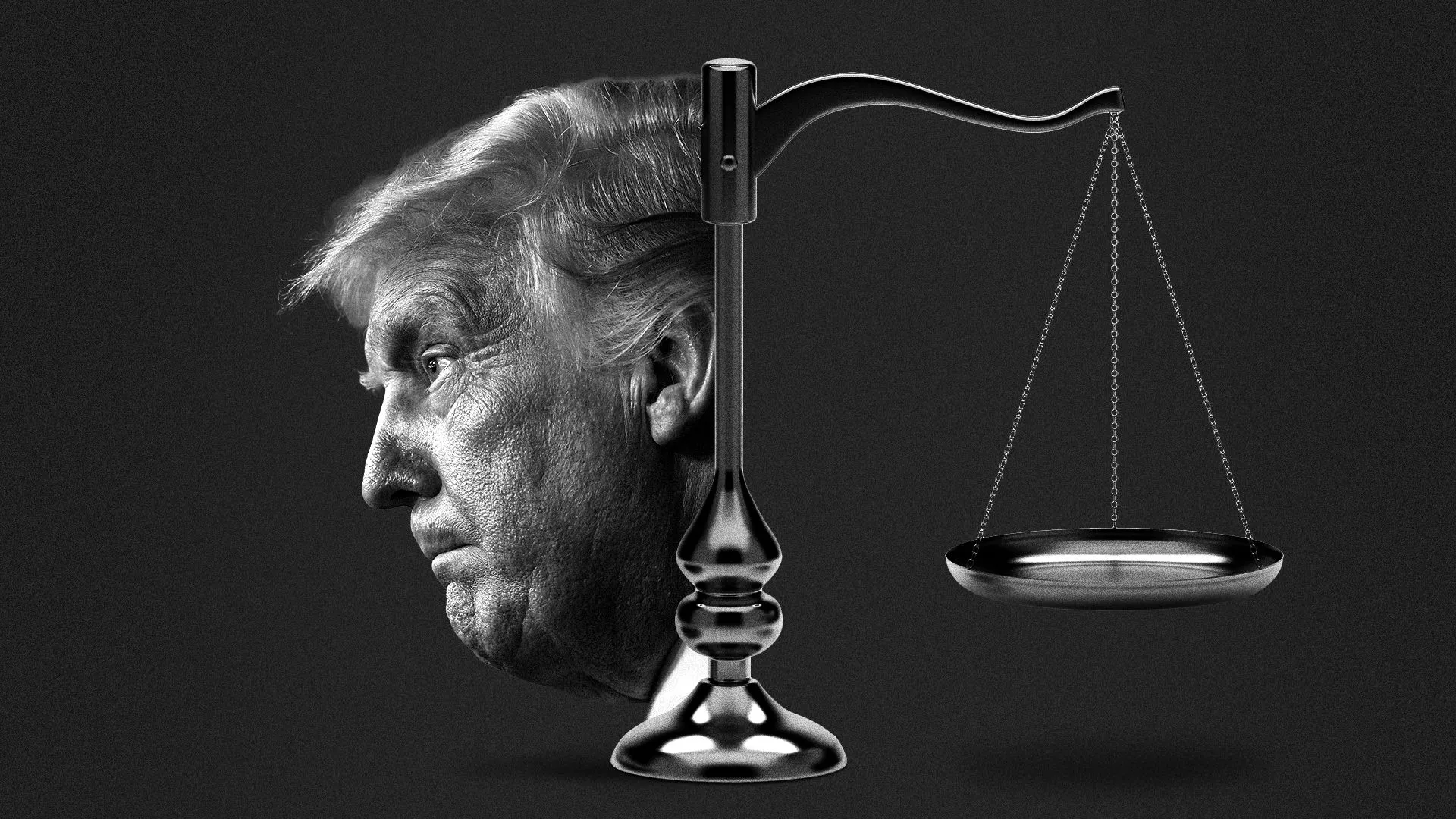The Supreme Court will test Donald Trump’s historic enlargement of presidential powers when it reconvenes for its fall term on Monday.
Erwin Chemerinsky, dean of the University of California Berkeley Law School, stated, “The key issue will be if it acts as a check on President Trump or merely rubber stamps his actions.”
If history is any indicator, the Republican leader is poised to achieve additional legal successes from a court with a conservative majority that features three of his appointees.
Included are voting rights, state prohibitions on transgender athletes’ involvement in girls’ sports, and a religious liberty case concerning a Rastafarian whose knee-length dreadlocks were forcibly cut while incarcerated.
The pivotal case this term involves Trump’s imposition of hundreds of billions of dollars in tariffs on imports and whether he possessed the legal authority to act in this way.
Lower courts have decided he did not.
However, the Supreme Court has largely supported Trump since his return to office, permitting actions such as mass layoffs of federal employees, the removal of independent agency members, the retention of Congress-allocated funds, and racial profiling in his extensive immigration enforcement.
“You’ve observed the court making significant efforts, truly going the extra mile, to approve positions taken by the Trump administration,” stated Cecillia Wang, national legal director for the American Civil Liberties Union (ACLU).
The Rise of the ‘Shadow Docket’

US President Donald Trump speaks in the White House Rose Garden on April 2, 2025. — ReutersNumerous decisions have been made on the contentious emergency or “shadow” docket, where the court issues orders following minimal briefing, without oral arguments, and with scant explanation.
Samuel Bray, a law professor at the University of Chicago, referred to it as the “legal version of fast food,” while the court’s three liberal justices have criticized the growing reliance on the emergency docket.
Chemerinsky remarked in an opinion article in the Los Angeles Times that through the shadow docket, the six conservative justices have “consistently and without fail… voted to overturn lower court rulings that had first deemed Trump’s actions unconstitutional.”
Conversely, the high-stakes tariffs case will feature comprehensive briefings and oral arguments and is scheduled for a hearing on November 5.
Trump utilized the International Emergency Economic Powers Act to impose his sweeping tariffs unilaterally, circumventing Congress by asserting that the nation was in an emergency because of the trade deficit.
“Curtis Bradley, a law professor at the University of Chicago, stated that ‘hundreds of billions of dollars or more are involved, and they might have to return those billions if they lose in the Supreme Court.'”
Additional prominent cases regarding presidential authority will be addressed in December and January, as the court considers Trump’s attempt to dismiss members of the independent Federal Trade Commission and Lisa Cook, a member of the interest-rate-setting Federal Reserve Board.
Electoral Rights and Racial Gerrymandering

On October 15, the Supreme Court will review a voting rights case where “non-African American” voters are challenging the establishment of a second Black majority congressional district in Louisiana, arguing that it stems from unconstitutional racial gerrymandering.
A win for the plaintiffs in this case would significantly undermine a part of the Voting Rights Act that permits the establishment of majority-minority districts to compensate for racial discrimination.
“The risks are extremely significant,” remarked Sophia Lin Lakin from the ACLU. “The result will not only dictate the forthcoming actions for Louisiana’s congressional boundaries but may also influence the future of redistricting cases across the country.”
Transgender Sports and Religious Freedom Cases Ahead
A significant case on the agenda involves challenges to state legislation in Idaho and West Virginia that prohibits transgender girls from participating in girls’ sports.
A case concerning religious freedom set for November 10 has notably united legal supporters from both the left and the right.
Damon Landor is a dedicated Rastafarian whose hair was trimmed against his will while incarcerated in Louisiana.
He is requesting authorization to take legal action against specific officials of the Louisiana Department of Corrections for financial compensation due to infringing on his religious rights.
According to Bray, the Supreme Court is typically unfavorable toward sanctioning damage claims against individual government officials.
Simultaneously, he observed that the conservative-leaning court has often supported the plaintiffs in cases involving religious freedom.





